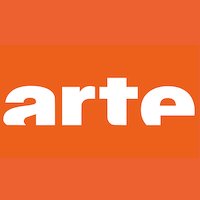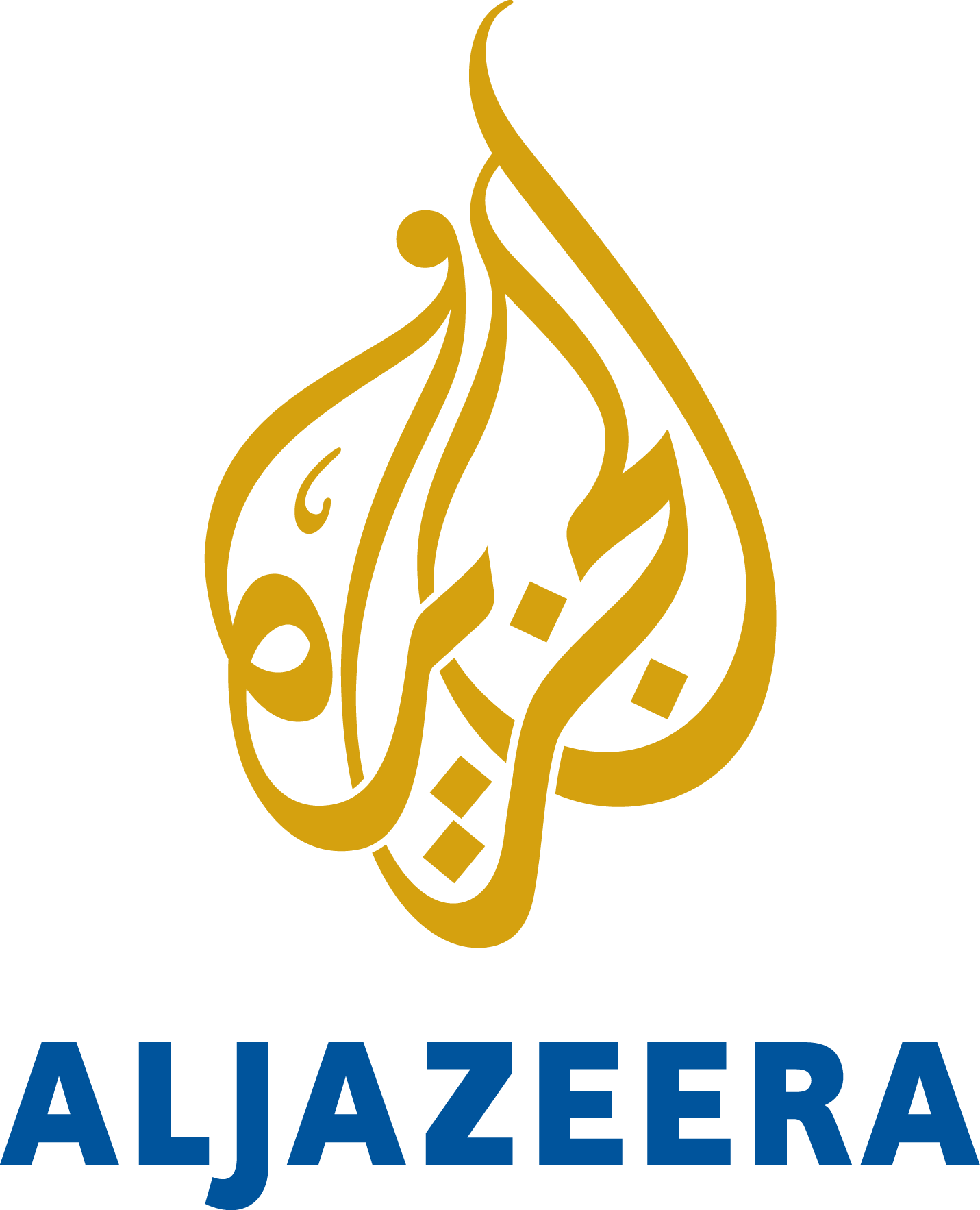Taxi, Sister!
Actually at the moment I'm writing from Dearborn, Michigan where the Arab American Institute's National Leadership Conference is being held (I got to meet Ron Paul yesterday and I will be a speaker in a panel on blogging later today - and that's enough spoiler for now).
So, this was my first time back in Dakar since the Legislative elections held in the Summer, which, like the Presidential earlier in the year, went off without a hitch. Yes, it's business as usual in Senegal - peace prevails strongly, foreign aid dollars continue to flow in, and people remain poor but somehow optimistic.
Senegal's position presents somewhat of a paradox: endowed with practically no natural resources (unless you count peanuts and mangoes), the country is poor relative to its regional peers like Ivory Coast, Liberia, Sierra Leone, etc. Yet at the same time, there's little to fight over so the country has managed to cultivate an haven of political stability and free elections amidst a sea of civil wars and brutal conflicts. This has resulted in making Senegal a magnet for expatriate dollars (if you're an NGO or a multinational corporation, wouldn't it make sense to set up your regional HQ in a place where peace and stability reign, and your employees of foreign nationality can easily adapt given the capital's cosmopolitan nature?) On top of that, the elites of Senegal's war-torn neighbors and regional peers have often fled to Dakar, bringing lots of wealth with them. In this sense, Dakar is like a mini-London - prices are obnoxiously high for no good reason. (continued...)
Since the elections were successful, President Abdoulaye Wade (who, as I've said before, is quite the crafty diplomat - how many people can be close politically to both George W. Bush and Mahmoud Ahmadinejad?) seems to have scored a major win in gaining a grant of nearly $5 billion dollars to help reduce poverty in Senegal over the next 10 years. Now, those familiar with foreign aid (which sounds so lovely) know that the money gets sifted, funneled, channeled, and eventually pocketed by those in the elite, and very little goes to help reduce poverty, as intended. Nonetheless, a massive series of roadworks and capital projects have been undertaken - practically every major thoroughfare in Dakar is being widened and repaved, complete with overpasses and other congestion-reducing features. Now, those of us who regularly drive around the city are quite annoyed that the Corniche, for example, was started over a year ago and is STILL not complete (I've never been a fan of l'Avenue Blaise Diagne - especially after once getting stopped one Sunday afternoon by 3 different cops 3 different times in about half a mile). And the highway connecting Dakar downtown with Pikine and Yoff has been finished in a half-assed manner (how hard is it to spend one more week smoothing out the road and paving it one last time???)
Also, the Islamic summit of 2008 is going to attract a lot of attention to Dakar. Already there are major investments from Saudi, Kuwaiti, and other Arab companies. Not to mention the Chinese, who seem to be following the policy advocated by Thomas Jefferson when it comes to Africa: "Commerce with all. Alliance with none." They are cultivating deep commercial ties in just about all industries, and their low cost, low quality goods are obvious winners with the majority of the Senegalese population, which lives hand-to-mouth. Example: I have a pair of brown loafers that I bought in a department store for about $120. That was in 2001, and I still wear the shoes regularly, especially in my rigorous errands in Dakar where they would easily get scuffed up, dirty, and dull if they weren't already. At one point I decided to buy a pair of new shoes from a street vendor, they were obviously a Chinese-made copy of the latest European model. I bargained the street vendor down to about $16. After one month, I had to toss them in the bin. Completely unusable. So $16 for one month of use, or $120 for six years of use. Do the math. The average poor family in Senegal does the math, and concludes that they need something TODAY, and even if it's of no use tomorrow, they can't invest in something better because their budget simply doesn't allow it.
 Chinese cars are the latest example. I'm sure in a few years they will be of reasonable quality, but for now??? You've got to see these clunkers. But like my one-month shoes, they look good when brand new! It has caused difficulty in the car market for me to price a 4 or 5-year-old used American SUV with quite a few miles on it, expecting cash payment in full, for the same price as a brand new Chinese SUV that can be financed through the dealer. But then again, there's a certain class of clients that wouldn't be caught dead driving a Chinese car (much like Japanese cars in the 70s and Korean cars in the 80s, I suppose).
Chinese cars are the latest example. I'm sure in a few years they will be of reasonable quality, but for now??? You've got to see these clunkers. But like my one-month shoes, they look good when brand new! It has caused difficulty in the car market for me to price a 4 or 5-year-old used American SUV with quite a few miles on it, expecting cash payment in full, for the same price as a brand new Chinese SUV that can be financed through the dealer. But then again, there's a certain class of clients that wouldn't be caught dead driving a Chinese car (much like Japanese cars in the 70s and Korean cars in the 80s, I suppose).
On that topic, the photo shown is a brand new Chinese small car called a "Chery", and it was purchased through a government program spearheaded by Senegal's first lady, under the auspices of the Women's Ministry and the Family Ministry. It's called Taxi Sister, and it is a series of taxis with female chauffeuses, who have been fully trained in self-defense. I did not have the opportunity to ride in one of these taxis, but I will relish the opportunity to do so. It pleases me to see women employed in such a manner in a country like Senegal, because I think it's healthy for the growth of the economy and the work force (government subsidy aside).
More from Senegal in December when I return.
















